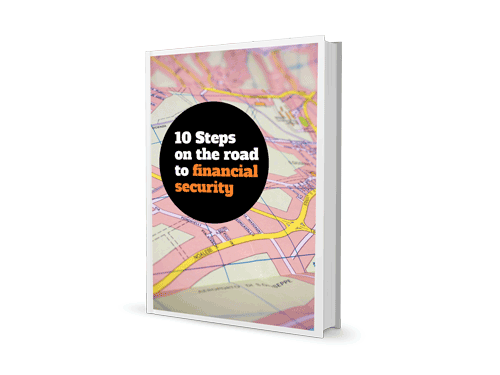Am I Saving or Investing?

In my previous article I discussed if you had enough money to retire?
Which leads us nicely into question 2:
Am I saving or investing?
If you discover a shortfall in your pension provisions you may discover you are actually saving more than you have to and not investing enough.
Saving and investing often are used interchangeably, but there is a difference.
Saving is setting aside money you don’t spend now for emergencies or for a future purchase. It’s money you want to be able to access quickly, with little or no risk, and with the least amount of taxes. Banking institutions offer a number of different savings options.
Investing is buying assets such as stocks, bonds, investment funds or real estate with the expectation that your investment will make money for you.
Investments usually are selected to achieve long-term goals. Generally speaking, investments can be categorised as income investments or growth investments.
The pros and cons of saving
All in all, saving comes with these benefits:
Savings accounts tell you upfront how much interest you’ll earn on your balance.
European banking deposit scheme means your deposit is guaranteed up to 100,000 Euros.
Saving is generally straightforward and easy to do. There usually isn’t any upfront cost or learning curve.
Despite its perks, saving does have some drawbacks, including:
Current interest rates in Europe are in negative territory with no signs of moving into positive territory – ECB negative rates to continue.
In turn you will lose purchasing power over time, as inflation is in positive territory (EU average inflation rate Jan 2021) eats away at your money.
The pros and cons of investing
Saving is definitely a safer move than investing, though it may not mean the most wealth in the long run.
Here are just a few of the benefits that investing your cash can come with:
Investing products such as stocks can have much higher returns than savings accounts.
Over time, the Standard & Poor’s 500 stock index (S&P 500), has returned about 9% annually, though it can fluctuate greatly in any given year.
Investing products can be very liquid. Stocks, bonds, ETFs and most investment funds can easily be converted into cash on almost any weekday.
If you own a broadly diversified collection of stocks, then you’re likely to easily beat inflation over time and increase your purchasing power.
While there’s the potential for higher returns, investing has quite a few drawbacks, including:
Returns are not guaranteed, and there’s a good chance you will lose money at least in the short term as the value of your assets fluctuates.
You’ll want to let your money stay in an investment account for at least three years, so that you can ride out any short-term downdrafts. In general, you’ll want to hold your investments as long as possible — and that means not accessing them.
Because investing can be complex, you’ll probably need some expert help doing it — unless you have the time and skillset to teach yourself how.
Are my pensions and investments tax efficient?
In the UK many people use ISA’s for their tax efficiency or offshore bonds for tax relief.
However, when you are living in a different jurisdiction these tax breaks are typically lost.
If we use Spain as an example:
Spanish Tax Residents must declare overseas assets worth more than €50000, on form Modelo 720, this includes:
- Property (home in the UK perhaps).
- ISA’s, PEP’s, Investment Bonds both Onshore and Offshore, etc.
- Bank accounts both onshore and offshore.
- National Savings and Premium Bonds.
- Protection policies
These assets can incur savings income tax every year and any former tax savings will be lost.
Spanish tax residents should look into opening a Spanish tax compliant bond to ensure their investments are benefiting from tax-efficient growth and/or income.
You will find a good overview of the tax saving benefits by following this link here.
If you are worried about your current retirement savings during this time or would like more information on possible investment opportunities you can take advantage of my free 60-minute consultation by clicking Contact Me Today for an initial informal chat.
I would be happy to review your current financial plan, offer some tips for creating one or answer any questions you might have pertaining to your investments.
Look out for the next blog article which will go over the next important question you should be asking yourself in 2021.
Until next time happy investing!
About the author
Colin MacGregor is an independent financial advisor working across Europe for Professional Investment Consultants S.A. (Europe) www.pic-europe.com.
He has over 10 years experience in the advisory sector and currently resides in Prague, Czech Republic.

0 Comments